|
In the fall of 1905, the Gaspee Chapter of the National Society of the Daughters of the American Revolution held its annual meeting in the rooms of the Rhode Island Historical Society, Providence, Rhode Island. Reports were read, officers for the ensuing year elected, and delegates chosen to attend the DAR’s Continental Congress for the ensuing year of 1906 elected. In addition, several minor matters of business were discussed. A special feature of the annual program was the presentation of a beautiful flag to the chapter on behalf of Chapter Regent Mrs. Eliza Harris Lawton Barker. This was a duplicate of one presented by her to the National Society DAR at a celebration in Continental Hall a few months earlier on July 4th. This was followed by another notable action— the sending of a telegram of greeting and congratulations to Mrs. Donald McLean, the new president general of the National Society. In the message, the ladies expressed the loyalty of the Gaspee Chapter. The feeling of many of the members was expressed by one woman, who said aptly: "Mrs. McLean is to the Daughters of the American Revolution what President Roosevelt is to the nation—a leader." 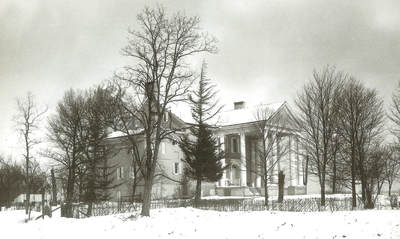 Prospect Hall Prospect Hall Mrs. Donald McLean was the seventh woman to hold the title of President General, the highest position in the National Society of the Daughters of the American Revolution. The organization had only been founded 15 years earlier in 1890, for the purpose of promoting patriotism while preserving the shared heritage of women from throughout the United States. Small Town Girl Mrs. McLean was born Emily Nelson Ritchie on January 28th, 1859. She was born in the home of her maternal grandparents, the Prospect Hall mansion on the southwestern edge of Frederick, Maryland. Emily would be the first of 18 children born to lawyer John Ritchie and wife Betty (nee Maulsby)—a Frederick civic leader extraordinaire. The youngster came from good stock, boasting well-revered grandfathers (physician Dr. Albert Ritchie and lawyer Col. William P. Maulsby) and grandmothers with important ties to the American Revolution. They were Catharine Lackland (Davis) Ritchie, a daughter of James Lackland, commissioned by the Committee of Safety as a second lieutenant, 29th battalion of the Frederick County militia; and Mrs. McLean’s namesake, Emily Nelson, the daughter of Roger Nelson, a commissioned lieutenant in the Maryland Continental Line who was promoted to the rank of general for distinguished service. 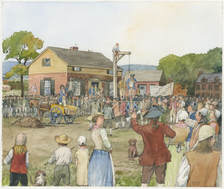 Stamp Act "mock funeral" staged by the Sons of Liberty (Nov. 30, 1765) Stamp Act "mock funeral" staged by the Sons of Liberty (Nov. 30, 1765) Two more ancestors of Emily Nelson Ritchie McLean had taken part in the Stamp Act Repudiation of 1765. This defiant act by Thomas Beatty, David Lynn and 10 other justices of the Frederick County Court occurred seven years prior to the legendary Boston Tea Party, and has been called by some historians “the verbal shot heard around the world.” As a youth, Emily developed her love of history, thanks in great measure to familial and geographic connections her hometown of Frederick had to the American Revolution, War of 1812 and the American Civil War. In fact, Emily’s earliest memories dated back to the turbulent Civil War era. Frederick played witness to the major military campaigns in 1862 (South Mountain-Antietam), 1863 (Gettysburg) and 1864 (Monocacy). In between, the town served briefly as the state capital where secession was discussed (Summer 1861), and more so played the pivotal role as “one vast medical hospital” throughout the war. The Ritchie family first resided on the north side of W. Patrick Street, just east of Carroll Creek. Neighbors included noted diarist Jacob Engelbrecht and the legendary Barbara Fritchie. They would eventually move a block north to the Court Square area of downtown Frederick. They lived in the large home originally built in 1821 by Emily’s great uncle (grandmother Emily Nelson Maulsby’s brother), John Nelson. The “gracious white house,” as described by former Sen. Charles “Mac” Mathias, Jr., was located at 114 W. Church Street. In 1933, The News Citizen paper described the house in the time of the Ritchie’s ownership: 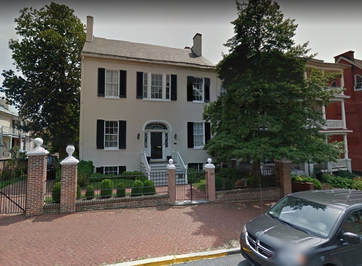 Nelson Mansion on W. Church Street, later home of the John Ritchie family Nelson Mansion on W. Church Street, later home of the John Ritchie family “Behind those gorgeous twin horse-chestnut trees stood the beautiful home of Chief Judge and Mrs. John Ritchie, those remarkable parents of eighteen children. ‘Ritchie’s wall’ was a Frederick institution over which we ran, jumped and raced up and down. Years ago the wing of the house, the old flagstone driveway with its large iron gates, and the Judge’s fascinating little white brick office with green door and shutters gave way to modern buildings. The yard, where every kind of fruit tree grew, with its circle of old English boxwood and abundance of old fashioned flowers was a veritable Eden when the trees were in bloom.” 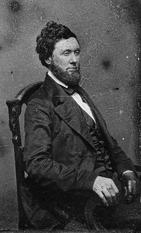 John Nelson (1791-1860) John Nelson (1791-1860) John Nelson was a highly distinguished citizen, and held several important offices. He served in the United States House of Representatives (1821-1823), and was the Charge’ d’ Affaires to the Two Sicilies, (1831-1832). In case you were wondering what a Charge’ d’ Affaires is, it’s a French term for a diplomat who heads an embassy in the absence of the ambassador. The Two Sicilies (1815-1860) was the largest of the states of Italy before Italian unification and was formed as a union of the Kingdom of Sicily and the Kingdom of Naples. John Nelson also held positions of US Attorney General (1843-1845) and interim Secretary of State in the cabinet of President John Tyler in 1844. 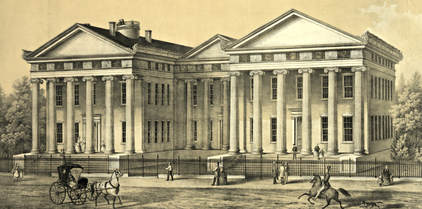 The Frederick Female Seminary, later to become the Woman's College. Today this is Winchester Hall The Frederick Female Seminary, later to become the Woman's College. Today this is Winchester Hall Emily attended local schools, punctuated by the Frederick Female Seminary, eventually called the Frederick Woman’s College. She graduated at the age of 14, but would continue her study of history, languages and mathematics by taking post graduate courses. Emily also is said to have traveled extensively with her father in his business and political dealings. This added to her breadth of knowledge. A few years after the Civil War, Emily’s father was elected State’s Attorney for Frederick County. Before his term was over, he would be elected to Congress’ House of Representatives where he served in the 42nd Congress (1871-1873). In 1881, he was elected to serve a 15-year term as Chief Justice of the Sixth Judicial Circuit and Judge of the Court of Appeals of Maryland. One of the greatest gifts Emily received from her father was his great talent as an orator. From her mother, she received a love of American history, along with the management skills to get things done. These traits would one day propel the young lady into one of the highest positions a female could find one’s self in during the end of the 19th century. Women rarely held leadership roles of any kind outside of being business holders. Social celebrity came only to wives of politicians, military officers and industrialists. Of course, a few female artists, stage actresses and writers made names for themselves as well. On April 24th, 1883, Emily Nelson Ritchie was married at age 24. Her choice was a Rahway, New Jersey native turned New York City lawyer named Donald McLean. Mr. McLean’s mother was a Marylander, and he received his education at the Bel Air Academy (Harford County). He was admitted to the New York bar in 1872. Emily didn’t have to go far as the wedding ceremony took place at Frederick’s All Saints’ Episcopal Church, three doors west of her family home. Rev. Osborn Ingle and Rev. William Pinkney, Bishop of Maryland performed the service. Once married, the new Mrs. McLean left Frederick and Maryland to take up residence in New York City. Mr. McLean made his fortune on his legal abilities, but his reputation was solidified through distinctions in office conferred upon him by the President of the United States and the Mayor of the City of New York. He was elected alderman of New York City in 1881. In time, Donald McLean would be appointed by the US Congress to hold the position of General Appraiser of Merchandise for the Port of New York City. This position was under the US Treasury Department. Of unique interest is the fact that he was a director of the Guanajuato Consolidated Mining and Milling Company (located near Chihuahua, Mexico), along with the British Guyana Gold and Railroad Company. Emily spent the last half of the decade of the 1880’s involved in childbirth. The couple produced three daughters: Elizabeth Maulsby McLean (1852), Rebecca McCormick McLean (1887) and Emily Nelson Ritchie McLean (1889). The family resided in a four-story town house in Upper Manhattan, part of the neighborhood of Central Harlem. The McLeans lived at 186 Lenox Avenue (renamed Malcolm X Boulevard). Thanks to Mr. McLean’s profession, along with several business and political associations, Emily had the opportunity to mix in New York City’s upper class social circles. She was a gifted conversationalist who loved talking and writing about US history. Mrs. McLean’s essays and letters began being printed in the New York papers. Even as a southerner from Maryland, she was readily being accepted in her new home, and started taking responsibilities in "Gotham City's" service organizations and civic groups. Like Emily, Donald seems to have loved history, geography and was proud of his family heritage. His father was Col. George Washington McLean, a Civil War participant and the son of John McLean, a Revolutionary War veteran who served as 2nd Lieutenant in the New York Troops. Mr. McLean had memberships in the Sons of the American Revolution, the Veteran Corps of Artillery, the Society of the War of 1812, the New York Historical Society, and the National Geographic Society. It was a match made in heaven. In 1890, Emily learned of the potential for a new organization for women, dedicated to preserving heritage and enhancing patriotism through education and service. One year before, a group calling itself the Sons of the American Revolution (SAR) had been formed. The SAR traced its roots to the founding of the Sons of the Revolution, a New York Society which was organized in 1883 as an aristocratic social and hereditary organization along the lines of the Society of the Cincinnati.
During that time Emily saw her mother and sisters (Eleanor, Anna and Willie) start a DAR chapter in her old hometown. Emily’s mother served as the first Regent of the Frederick Chapter, and then played roles on the national level as Vice President General and Maryland State Regent. Meanwhile, Mrs. McLean was harboring larger aspirations of her own to serve at the organization’s national level. The Daughters of the American Revolution elected officers at their annual congress event, held in spring at Washington DC. In 1895, Mrs. McLean ran unsuccessfully as a minority candidate for DAR’s top spot in the nation—the position of President General. The national officers of the NSDAR (National Society of the Daughters of the American Revolution) carry the title “General” to indicate that they are responsible to the general organization, not to indicate rank. The local, and state, chapter “Regents” govern vicariously for the one presiding president—the “President General.” 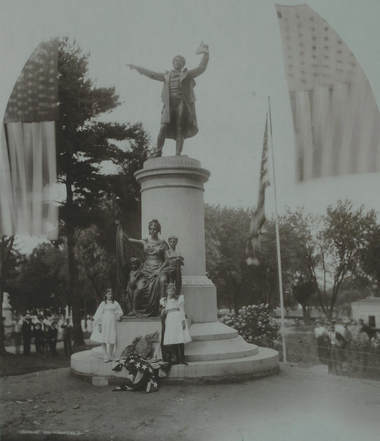 Dedication ceremonies of the FSK Monument in Frederick's Mount Olivet Cemetery Dedication ceremonies of the FSK Monument in Frederick's Mount Olivet Cemetery Although the DAR was established as a non-political entity, politics surely entered into officer elections, because it had plenty of marital and blood connections to prominent politicians. This played out in the NSDAR election as part of the annual congress of 1897. Newcomer Emily had to run up against ladies connected to Washington DC’s social elite, usually peppered with wives of the nation’s leading politicians. It was a tall task, but Mrs. McLean’s New York City Chapter consisted of the largest single “voting bloc” in the country, the base of her operations. She also had tremendous lobbying going on from her friends and family within the Frederick and Maryland chapters of DAR. Sadly, Mrs. McLean lost again, but would receive a hero’s welcome when she returned to her old hometown in August of 1898, as she had been invited to give a patriotic address at the unveiling ceremonies of the Francis Scott Key Monument in Mount Olivet Cemetery. This took place on August 9th, 1898. 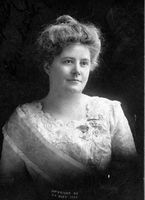 Cornelia Cole Fairbanks Cornelia Cole Fairbanks In spite of ”strenuous efforts,” the President Generalship went to Mrs. Charles Fairbanks—the young wife of a Republican Senator from Indiana, who later would become President Teddy Roosevelt’s vice presidential running mate. Driven "not to go quietly," Emily Nelson Ritchie McLean would run again at the organization’s annual congress of 1905. She was pitted against the Washington political establishment, as administration wives represented a power clique destined to keep the DAR's top spot. To combat this, Mrs. McLean appealed to the "grass roots" level of the organization. She “campaigned” hard, with chapter visits and lobbying forays in an effort to become elected. One-such happened in St. Louis at the 1903-1904 Louisiana Purchase Exposition, where she made a concerted effort to represent the varying interests of women, education and the DAR. 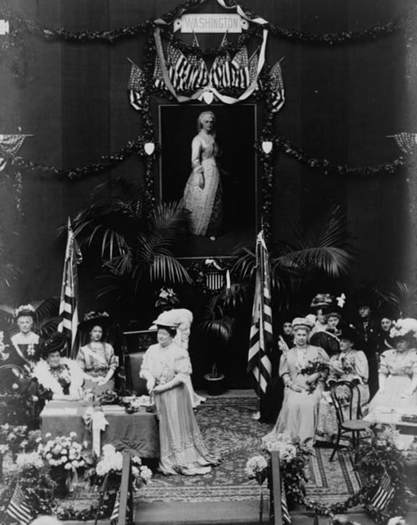 Mrs. McLean addressing the annual DAR Congress in Memorial Continental Hall Mrs. McLean addressing the annual DAR Congress in Memorial Continental Hall Two years later, the NSDAR Congress was held for the first time in the auditorium of the society’s own building—Memorial Continental Hall. On April 20th, 1905, two ballots were taken. On the second ballot, 684 votes were cast. Emily received 362 votes and won the election for President General of the National Society DAR, becoming the seventh individual to hold this position. She now represented the whole country while wielding a high degree of power and celebrity. Emily Nelson Ritchie McLean's first order of business after giving her acceptance speech and greeting her constituents and fellow officers was to make the short trip from the stage of Memorial Continental Hall to the White House. Here she would receive congratulations and support from the President of the United States. The sitting president at this time was a fellow New Yorker—Theodore Roosevelt. 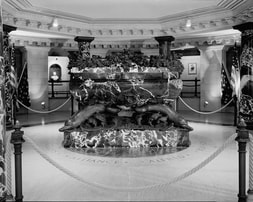 Crypt of John Paul Jones, US Naval Academy Chapel, Annapolis (MD) Crypt of John Paul Jones, US Naval Academy Chapel, Annapolis (MD) The 15th Continental Congress in 1906 received a special invitation from Secretary of the Navy Charles Bonaparte, former United States Ambassador to France General Horace Porter and Maryland Governor Edwin Warfield. President General Emily R. McLean announced with great pleasure that an invitation was extended to every member attending Continental Congress to be present at the ceremonies related to the final interment of John Paul Jones at Annapolis, Md. The American naval hero was to be placed in “his rightful tomb,” after Ambassador Porter located and identified his remains, which had been buried in Paris in an unmarked coffin. Jones’ remains traveled to the United States aboard the cruiser Brooklyn, the vessel that made Frederick native Winfield Scott Schley a star just eight years earlier. According to an issue of American Monthly Magazine, Jones' coffin was “draped in colors lovingly presented by the Daughters of the American Revolution, through their honored chief, Mrs. Donald McLean." She is said to have remarked, “This invitation I consider a great honor to this Congress, not only because we should all wish to be present at such an historic occasion, but because it is an unusual courtesy shown to us …” 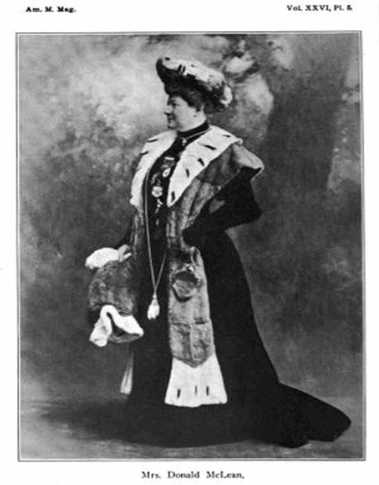 Emily Nelson Ritchie McLean would serve two consecutive terms as President General (1905-1909) and is often considered to be the first President General chosen solely for her work within the Society, and not because of her husband’s status. In her words, she was “the only President General who has ever known what it was to sit under the Gallery,” according to a NSDAR historian. Another author wrote: "Mrs. McLean has traveled several hundred thousand miles throughout the states, visiting innumerable cities and towns, making addresses upon patriotic subjects, not only in furthering the work of the Daughters of the American Revolution, but in participation in civic and national patriotic celebrations. She is deeply interested in the work of patriotic education, both for immigrants and Southern mountaineers, as well as in keeping alive a patriotic spirit in all classes of American citizens, and is widely and internationally known as a speaker in patriotic and educational gatherings, and in her interest in the movement for peace by arbitration.'' Emily shared stages with political heavyweights and other celebrities of the day such as humorist Samuel Clemons, better known as Mark Twain. Her greatest accomplishment would encompass completing the interior work on Memorial Continental Hall in Washington. The 300th anniversary commemoration of the founding of Jamestown, Virginia took place in 1907. The DAR built a small house at the historic site and donated it to the Association for the Preservation of Virginia Antiquities as a “rest house.” Mrs. McLean was a vice-president, and the only woman member, of the commission from New York to the Jamestown Exposition. She was the perfect ambassador for New York. Emily was held in high esteem by commission colleagues, as well as history and political leaders of the state of New York.
 The following can be found within the 1912 book, The Part Taken by Women in American History, by Mrs. John A. Logan, (Published by The Perry-Nalle Publishing Company, Wilmington, Delaware, 1912): “It has been the editor's valued privilege to have known Mrs. McLean since the beginning of the twentieth century, and she takes pleasure in adding that among the thousands of gifted women she has met during these years Mrs. McLean is second to none in largeness of heart, brilliancy of mind, quickness of perception, eloquence of speech, marvelous executive ability, genial disposition, sturdiness of purpose, and charming personality. As president general of the Daughters of the American Revolution she lifted the society out of the chaos into which contentious rivals had dragged it, and placed it in the line of progression and achievement. She made the dream of Continental Hall a possible reality by her skillful financial management No other woman has received greater honors or worn them more gracefully than has Mrs. Donald McLean, who is among the most faithful of wives, tenderest of mothers, loyal of daughters, truest of patriots, most generous and loyal of friends.” After serving the maximum of two terms as President General, the Continental Congress of 1909 named Mrs. McLean an Honorary President General. Upon her return to New York City, her home chapter named her “regent for life.” She continued to stay active in her home chapter and would continue to be sought out for advice and guidance at the state and national level. Her daughters were grown and married with families of their own. The Marylander turned New Yorker settled into life as a doting grandmother. She would also spend her time traveling and enjoying the fruits of her celebrity with hundreds of new friends and acquaintances made thanks to NSDAR. 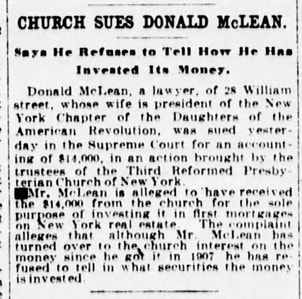 New York Sun (March 25, 1913) New York Sun (March 25, 1913) In 1910, scandal surrounded the McLean household as Donald was accused of embezzling money given him to invest on the part of Third Reformed Presbyterian Church of New York City. Other accusations of money mismanagement would follow in 1913 and 1914, as well as lawsuits. These stories were carried in New York City’s leading newspapers, along with getting picked up by papers across the country. Sadly, Mrs. McLean’s good name and reputation were slowly being tarnished in the process. In my conjecture, I feel that this caused incredible concern, embarrassment and consternation within Emily. It may have caused her to seek solace in alcohol. The newspaper coverage eventually waned, but the McLeans had experienced a change in fortune along the way as Donald’s associates stepped in to pay restitution and legal fees. By 1915, the family felt they had “weathered the storm,” as Donald and his legal counsel had paid monies owed and shown sufficient accounting evidence in regard to investments, particularly in the Third Reformed Presbyterian Church case which reached the New York Supreme Court. But it wasn’t over yet. 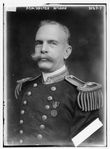 Admiral McLean Admiral McLean In April of 1916, Mrs. McLean was vacationing in the Norfolk, VA area with her brother-in-law, Rear Admiral Walter McLean, commandant of the Norfolk Navy Yards. Emily had experienced stress and nagging health issues for the last two years, but suddenly became gravely ill while here in Virginia. She would be removed for advanced care in her home state. She was sent to Baltimore’s Church Home and Infirmary. Unfortunately, Mrs. McLean would die three weeks later on May 19th, 1916, succumbing to complications associated with cirrhosis of the liver. She was only 57 years old. Emily Nelson Ritchie McLean would return once again to Mount Olivet Cemetery, the scene of patriotic triumph 18 years earlier as she spoke at the legendary Key Monument dedication and ascending to the national stage. Now, her incredible voice had been silenced. She would be laid to rest next to her namesake grandmother, Emily Nelson. Mrs. McLean’s sister, Willie Maulsby Ritchie, was Frederick Chapter Regent at this time, and played a leading role in making sure an appropriate funeral was conducted. The May 22nd church service at All Saints' Church and burial took place amidst the large attendance of several friends, relatives, and endeared compatriots from the Daughters of the American Revolution. In April 1972, 56 years later, members of the Frederick and New York City DAR Chapters, along with representatives and officers from the NSDAR paid homage to their legendary former colleague. A new footstone style monument was placed on Emily’s grave, listing the DAR related accomplishments of this legendary pillar of leadership. Memorial Continental Hall, DAR, the greatest memorial building ever erected by women in the world, was completed during Mrs. McLean’s administration and dedicated with beautiful and interesting ceremonies in Washington DC on April 19th, 1909. This monument to the heroes and heroines of Liberty, 1776, is a stately marble building erected at a cost of half a million dollars. In it hangs a portrait of Mrs. McLean, painted by artist Irving Wiles, and presented to the Hall by members of the NSDAR as a token of appreciation for the great work accomplished by Emily Nelson Ritchie McLean as President General in financing and bringing to successful completion this unrivaled building project. For many years, a course of lectures on American History was presented regularly and known as the Emily Nelson Ritchie McLean Lecture Course, established and endowed by members of the DAR, as a tribute to Mrs. McLean’s interest in patriotic endeavors. 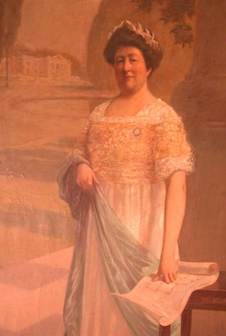 Portrait of Mrs. McLean currently hanging in the Frederick County Historical Society Portrait of Mrs. McLean currently hanging in the Frederick County Historical Society Back in New York, a scholarship in perpetuity was founded at Barnard College for $3000. This was established by the New York City Chapter and named the “Mrs. Donald McLean Scholarship.” One of the most prominent women in the country was gone. Although forgotten to time by many, her name deserves to be included within the ranks of the immortal patriots from Frederick, Maryland who made lasting contributions to patriotism and the promotion/preservation of the American ideal of freedom and faith in the flag. This list includes past residents such as Thomas Johnson, Jr., Lawrence Everhart, Francis Scott Key, Barbara Fritchie, Admiral Winfield Scott Schley and William Tyler Page. Like the rest, Emily was human and had flaws. So did her husband Donald, who, less than a month after burying his wife, would be extradited from Frederick back to New York City on June 16th, 1916. Once there, Mr. McLean was indicted on the charge of grand larceny connected to faulty accounting of funds and stealing $8,000 from the New York City’s Third Reformed Presbyterian Church.
2 Comments
Diana Gardiner Holden
7/6/2022 05:41:50 pm
I am an 84 year old great granddaughter of Rebekah Ritchie McLean. I so enjoyed your article and am in the process of gathering historical information for my generation and our children and grandchildren. Your
Reply
Diana Gardiner Holden
7/8/2022 09:45:07 am
Correction on above: EMILY, not Rebekah.
Reply
Leave a Reply. |
STORIES
|
Archives
July 2024
June 2024
May 2024
April 2024
March 2024
February 2024
January 2024
December 2023
November 2023
September 2023
August 2023
July 2023
June 2023
May 2023
April 2023
March 2023
February 2023
January 2023
December 2022
November 2022
October 2022
September 2022
August 2022
July 2022
June 2022
May 2022
April 2022
March 2022
February 2022
January 2022
December 2021
November 2021
October 2021
September 2021
August 2021
July 2021
June 2021
May 2021
April 2021
March 2021
February 2021
January 2021
December 2020
November 2020
October 2020
September 2020
August 2020
July 2020
June 2020
May 2020
April 2020
March 2020
February 2020
January 2020
December 2019
November 2019
October 2019
September 2019
August 2019
July 2019
June 2019
May 2019
April 2019
March 2019
February 2019
January 2019
December 2018
November 2018
October 2018
September 2018
August 2018
July 2018
June 2018
May 2018
April 2018
March 2018
February 2018
January 2018
December 2017
November 2017
October 2017
September 2017
August 2017
July 2017
June 2017
May 2017
April 2017
March 2017
February 2017
January 2017
December 2016
November 2016

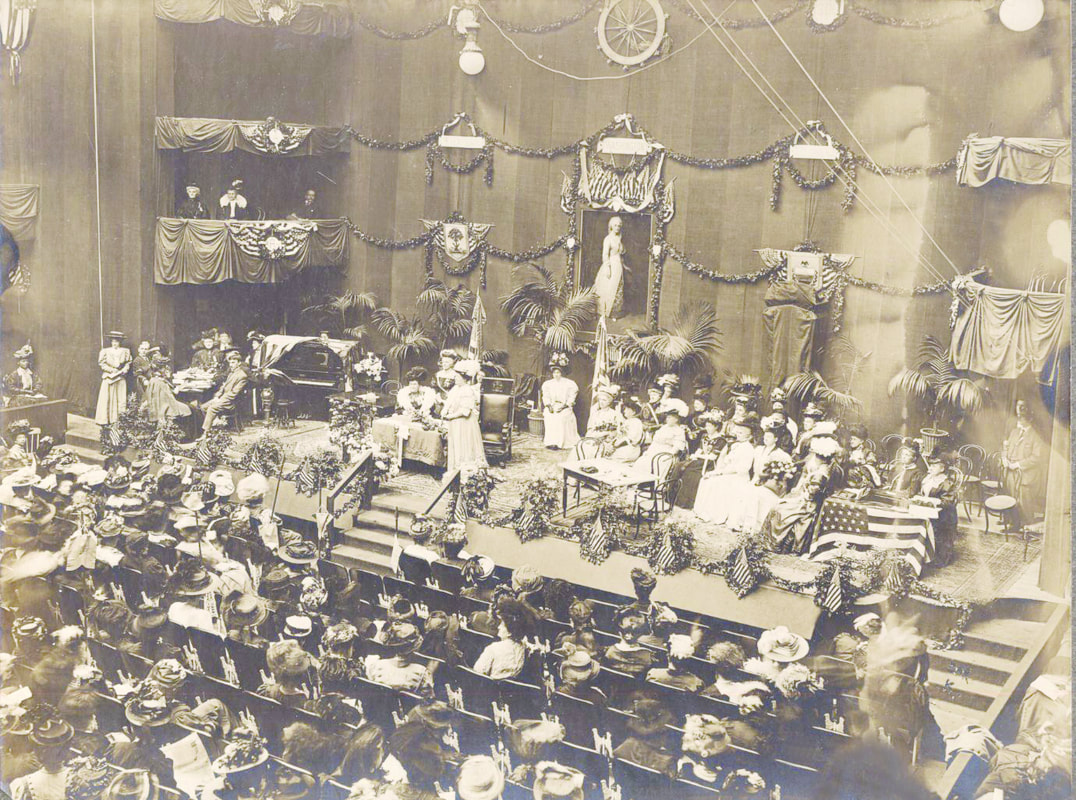
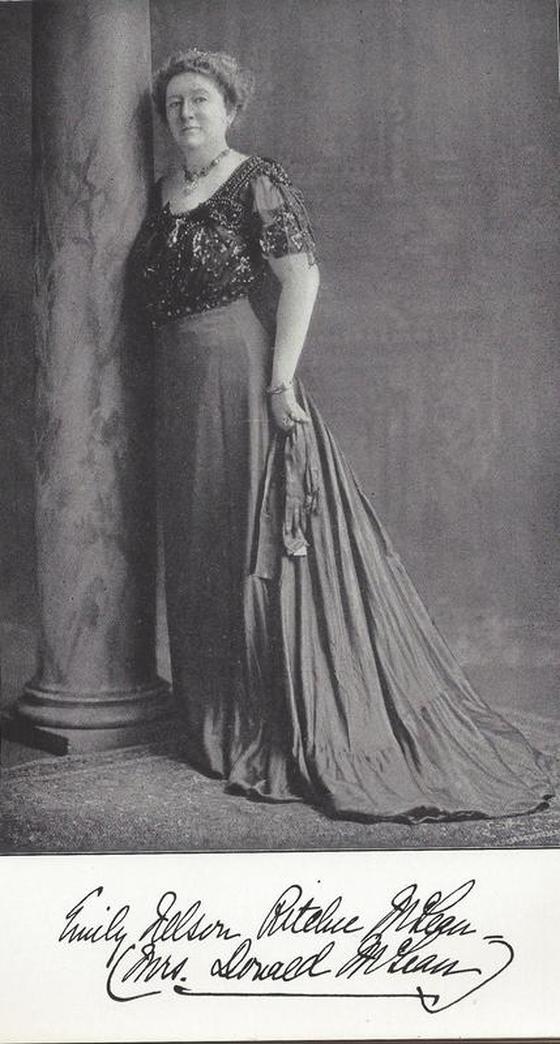
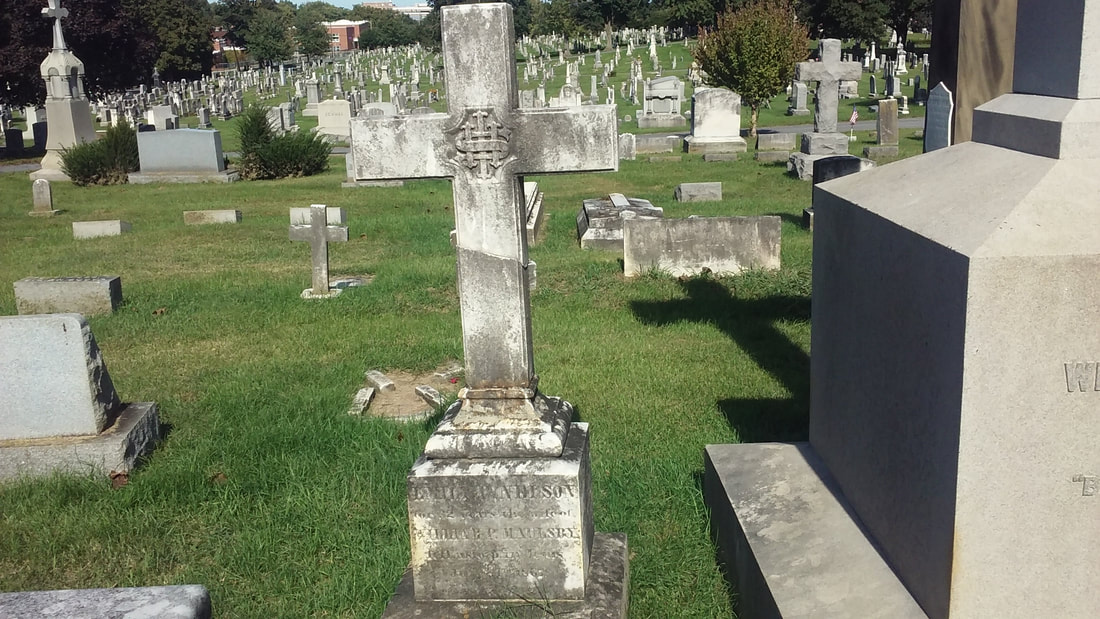

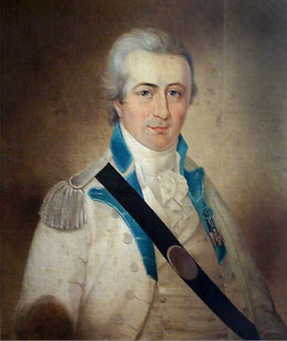
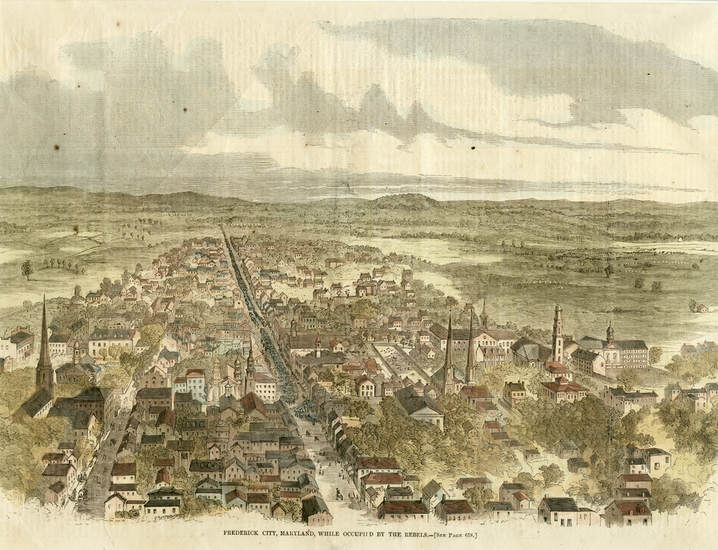
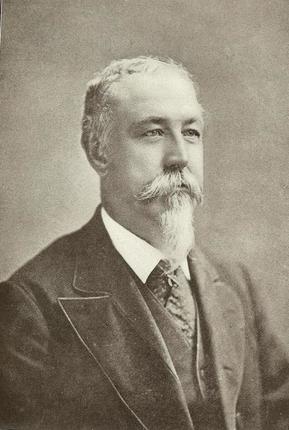
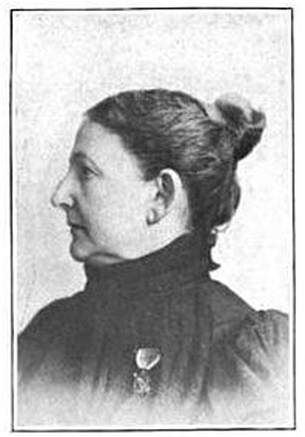
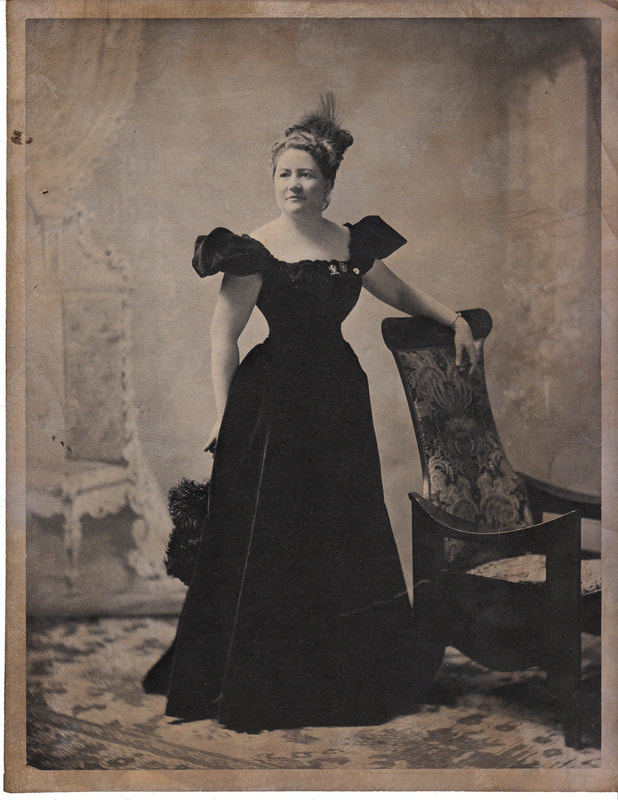
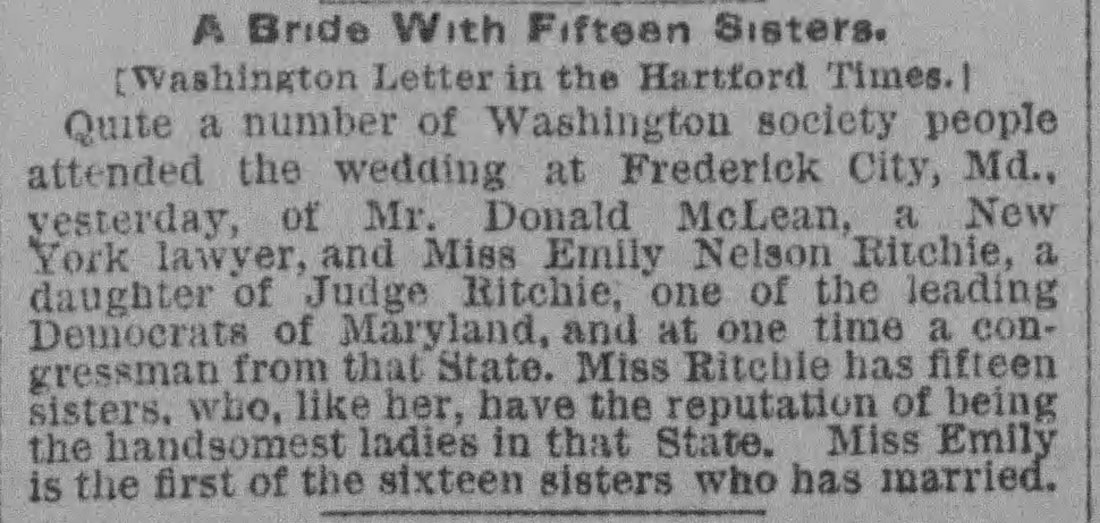
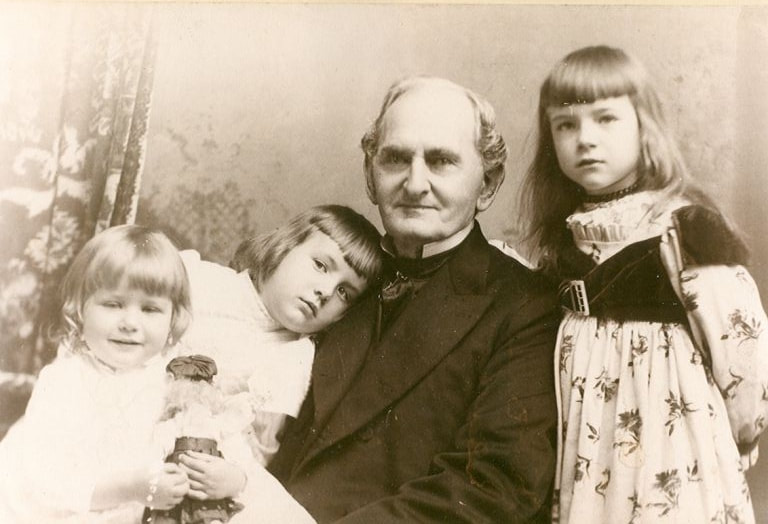

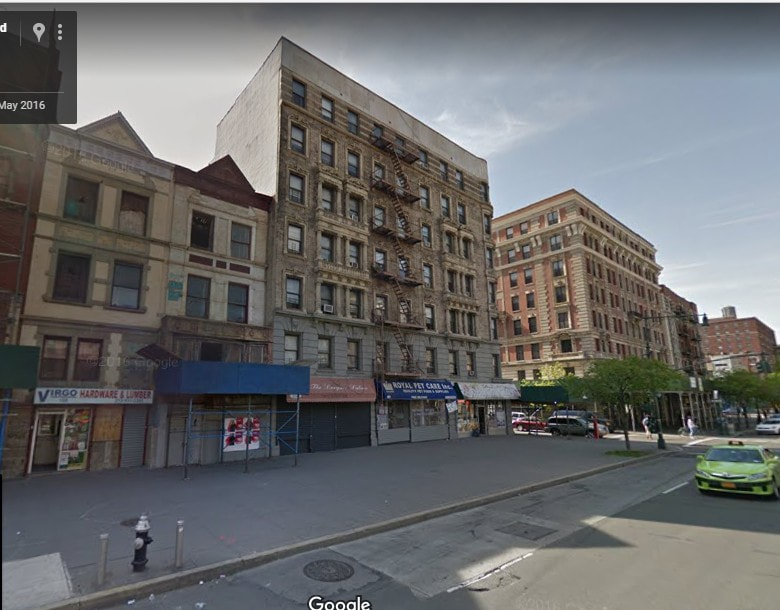
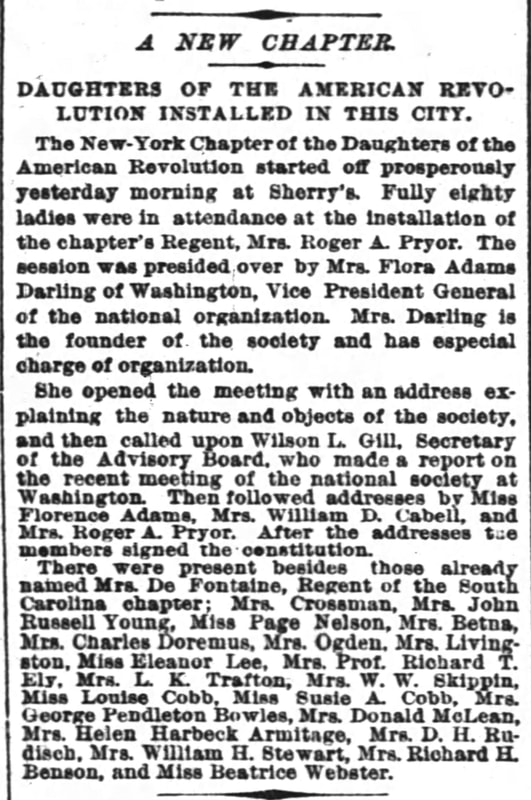
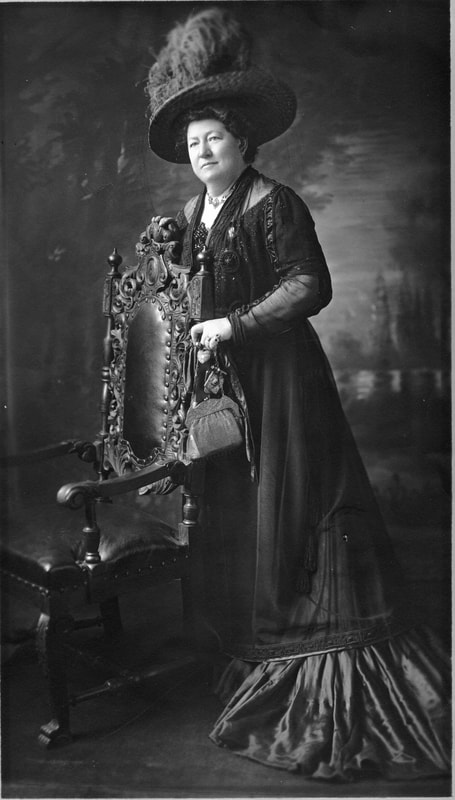
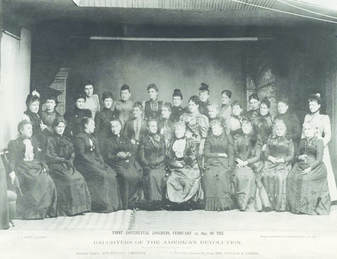
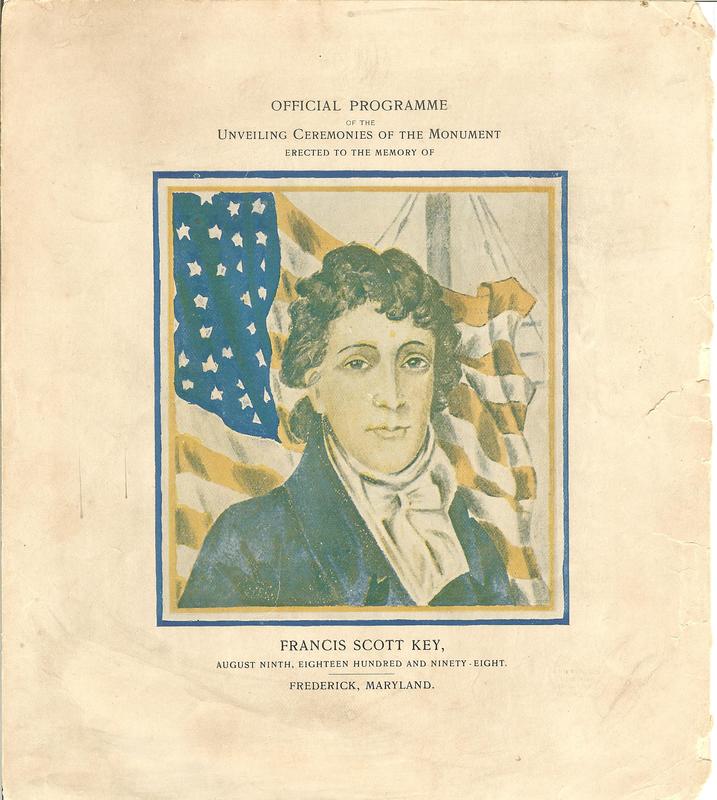
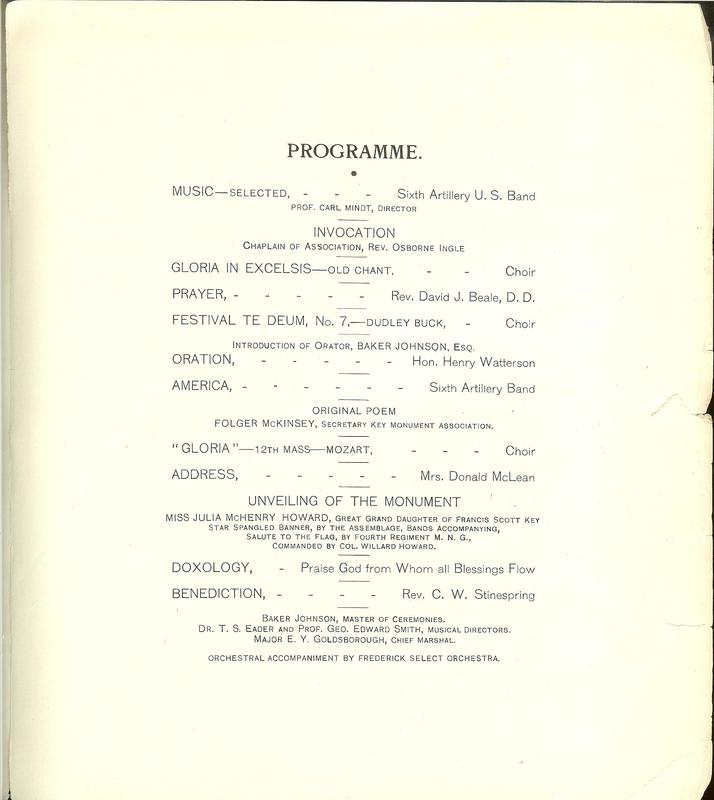
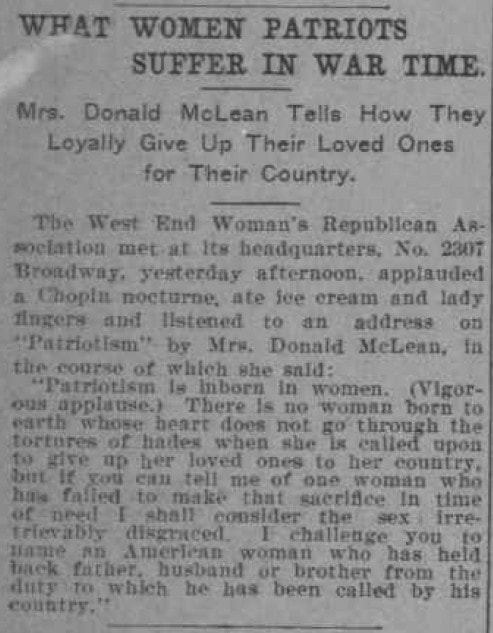
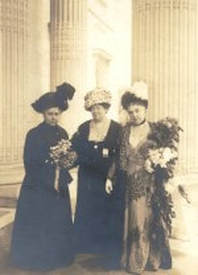
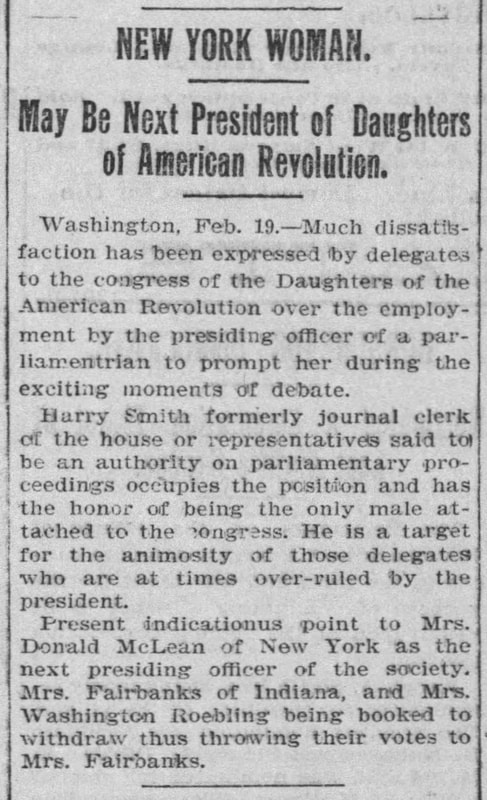
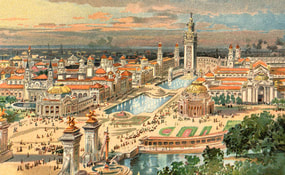
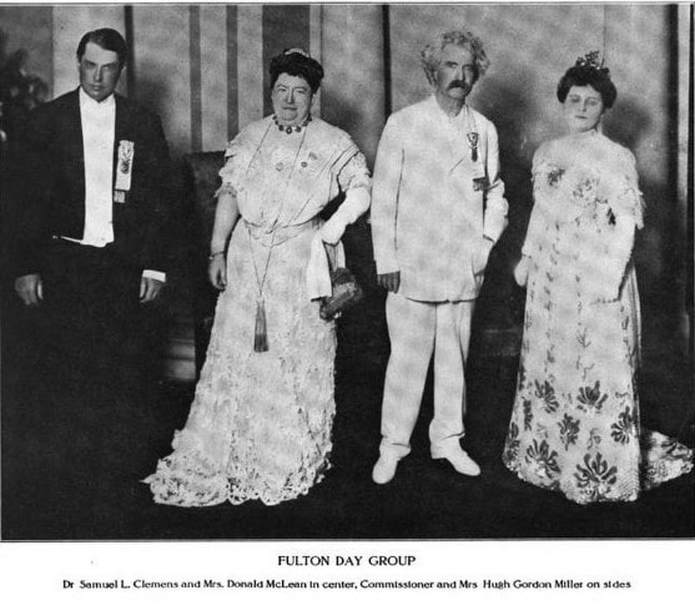
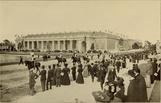
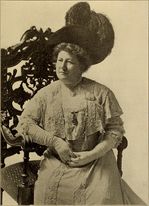
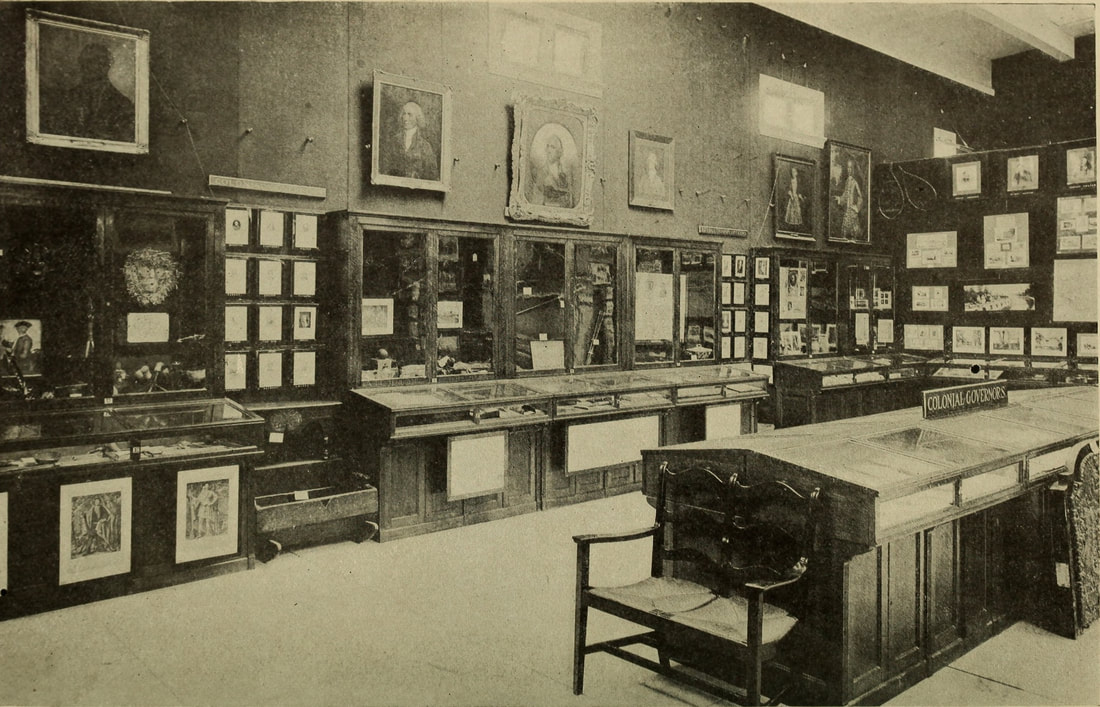


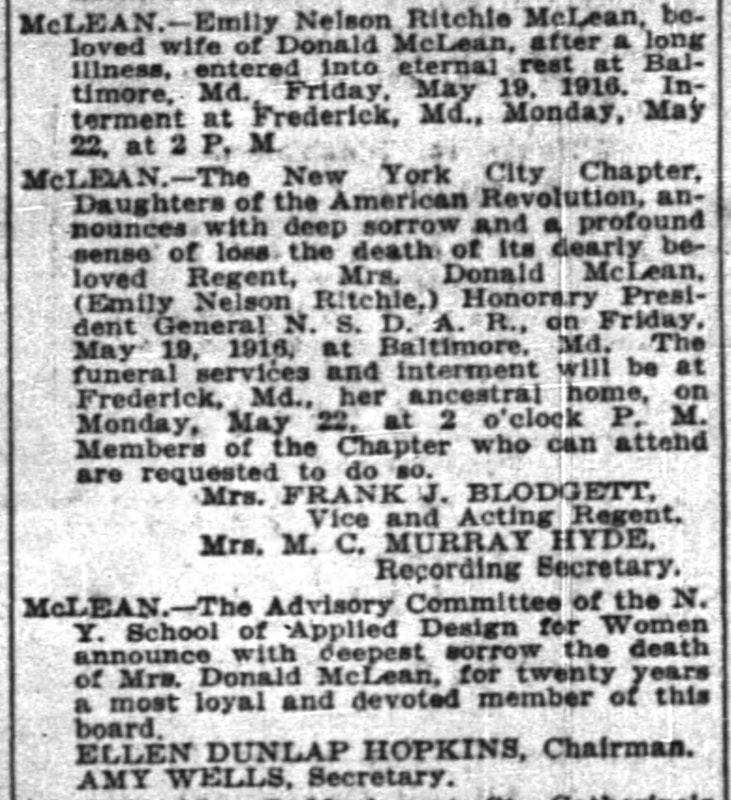
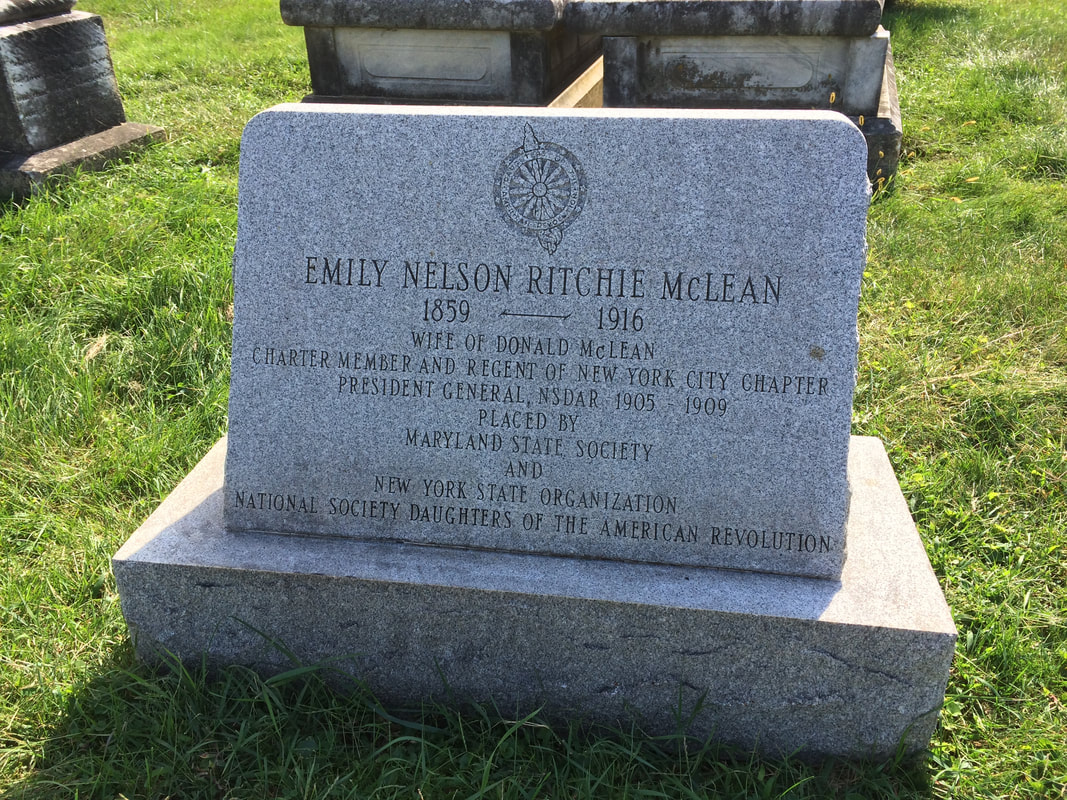
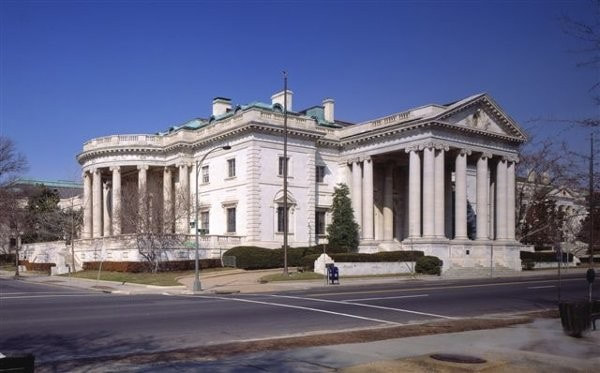
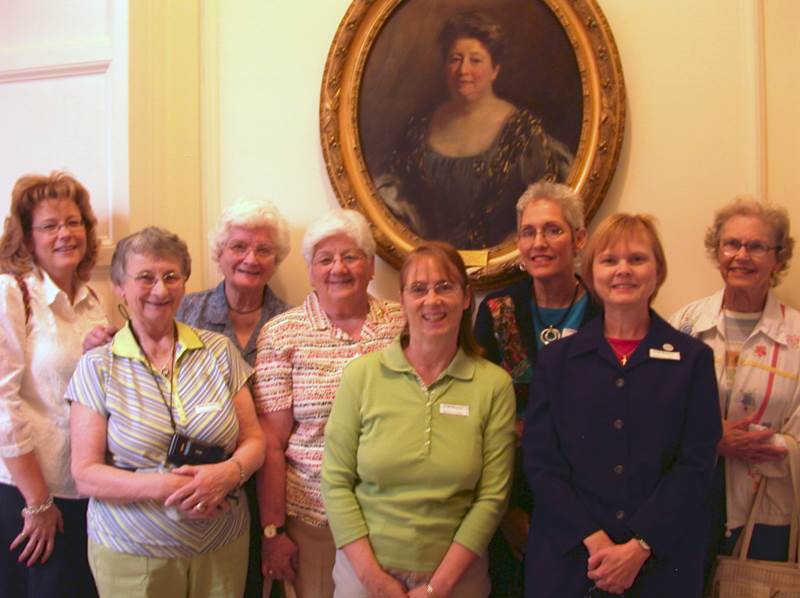
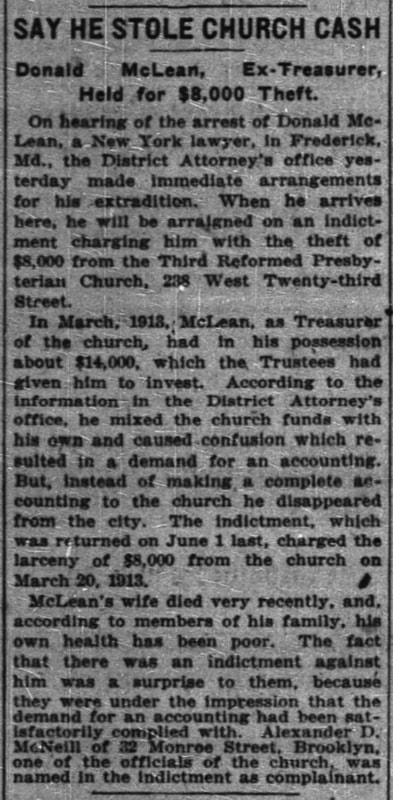

 RSS Feed
RSS Feed